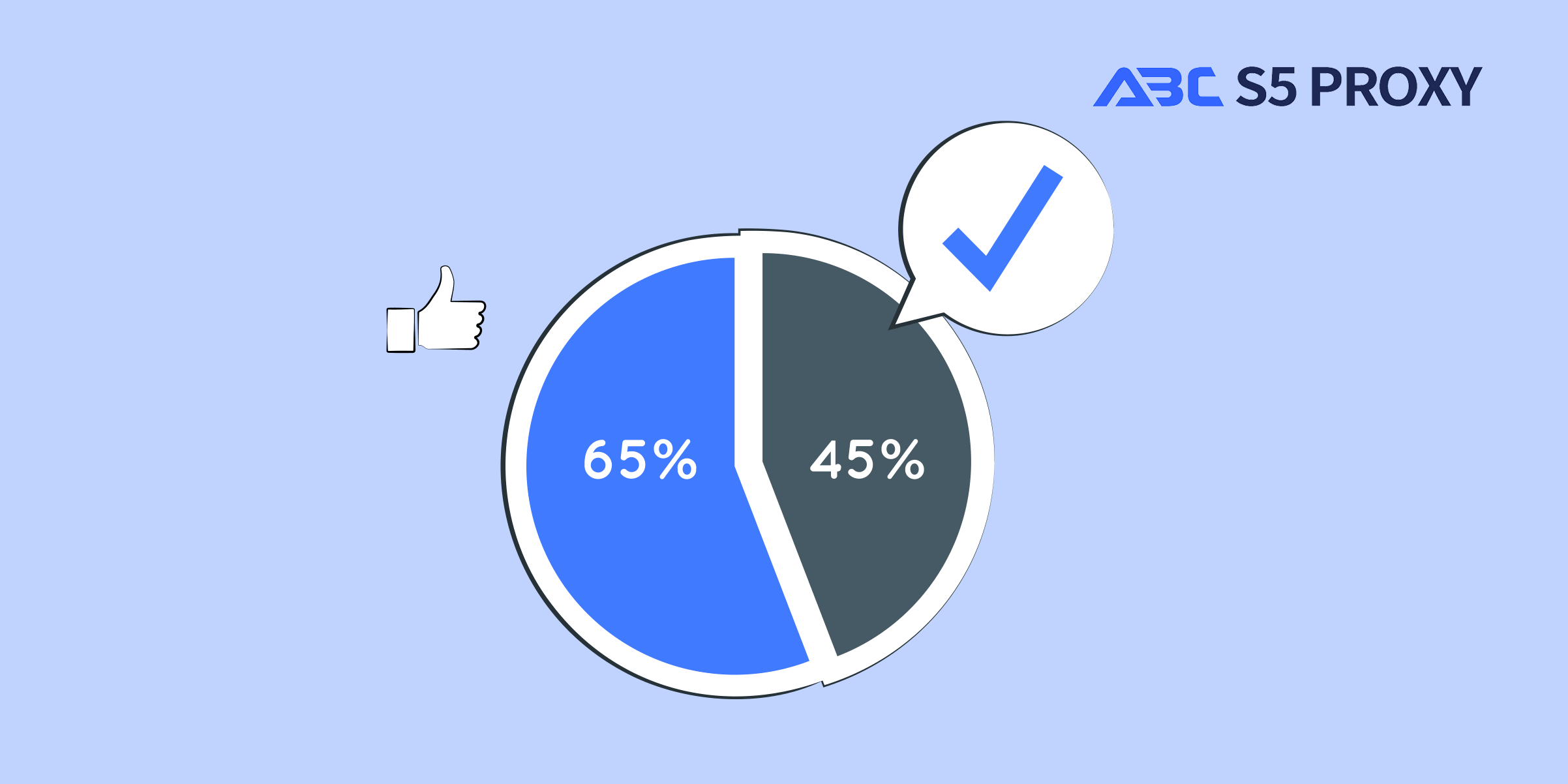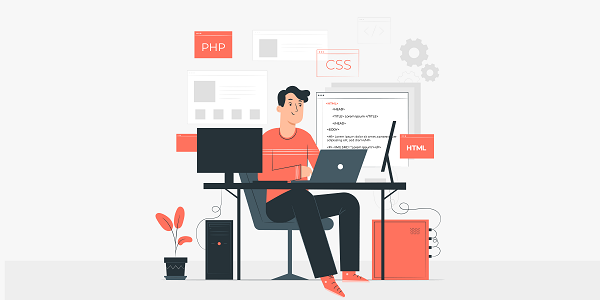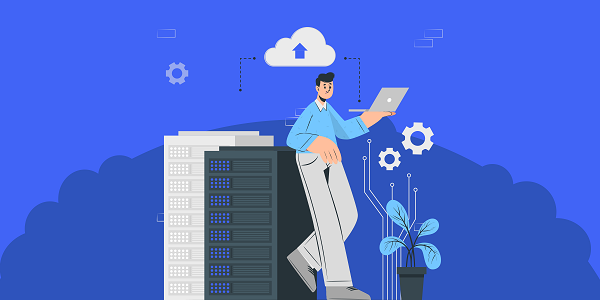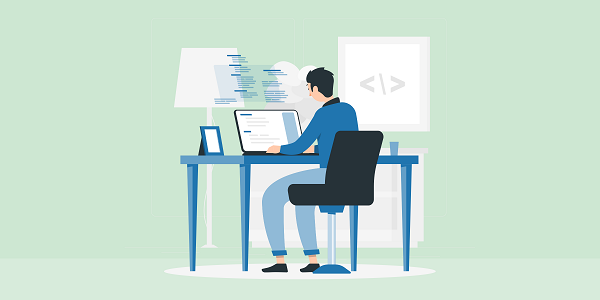Residential Proxies
Allowlisted 200M+ IPs from real ISP. Managed/obtained proxies via dashboard.

Proxies
Residential Proxies
Allowlisted 200M+ IPs from real ISP. Managed/obtained proxies via dashboard.
Residential (Socks5) Proxies
Over 200 million real IPs in 190+ locations,
Unlimited Residential Proxies
Use stable, fast, and furious 700K+ datacenter IPs worldwide.
Static Residential proxies
Long-lasting dedicated proxy, non-rotating residential proxy
Dedicated Datacenter Proxies
Use stable, fast, and furious 700K+ datacenter IPs worldwide.

Web Unblocker
View content as a real user with the help of ABC proxy's dynamic fingerprinting technology.
Proxies
API
Proxy list is generated through an API link and applied to compatible programs after whitelist IP authorization
User+Pass Auth
Create credential freely and use rotating proxies on any device or software without allowlisting IP
Proxy Manager
Manage all proxies using APM interface

Proxies
Residential Proxies
Allowlisted 200M+ IPs from real ISP. Managed/obtained proxies via dashboard.
Starts from
$0.77/ GB
Residential (Socks5) Proxies
Over 200 million real IPs in 190+ locations,
Starts from
$0.045/ IP
Unlimited Residential Proxies
Use stable, fast, and furious 700K+ datacenter IPs worldwide.
Starts from
$79/ Day
Rotating ISP Proxies
ABCProxy's Rotating ISP Proxies guarantee long session time.
Starts from
$0.77/ GB
Static Residential proxies
Long-lasting dedicated proxy, non-rotating residential proxy
Starts from
$5/MONTH
Dedicated Datacenter Proxies
Use stable, fast, and furious 700K+ datacenter IPs worldwide.
Starts from
$4.5/MONTH
Getting Started
Knowledge Base
English
繁體中文
Русский
Indonesia
Português
Español
بالعربية

Web Scraping vs Web Crawling: Understanding the Key Differences
In the realm of web data extraction, two terms that are commonly used interchangeably but actually serve different purposes are "Web Scraping" and "Web Crawling." These techniques play a crucial role in collecting data from websites, but their methodologies, objectives, and applications vary significantly. In this blog post, we delve into the depths of Web Scraping vs Web Crawling to elucidate their disparities and help you discern when to use each method effectively.
Web scraping, also known as web harvesting or web data extraction, refers to the automated process of extracting specific information from websites. It involves parsing the HTML of a webpage and extracting the desired data elements, such as text, images, links, and more. Web scraping is predominantly used to collect structured data for analysis, research, or integration into other systems.
Web scraping is commonly employed in various scenarios, including price monitoring for e-commerce websites, lead generation, market research, sentiment analysis, and content aggregation. Businesses leverage web scraping to gather competitive intelligence, track trends, automate data entry, and enhance decision-making processes.
Web scraping involves sending an HTTP request to a target website, fetching the HTML content of the page, and then parsing the HTML to extract the required data. This process typically entails identifying the HTML elements that contain the desired data and using techniques like regular expressions, XPath, or CSS selectors to extract the information.
Web scraping tools and libraries, such as Beautiful Soup, Scrapy, and Selenium, streamline the scraping process by providing functionalities for data extraction, web crawling, and data manipulation. These tools facilitate the development of web scraping scripts and make it easier to handle dynamic websites with JavaScript-rendered content.
On the other hand, web crawling, also known as web indexing, is a systematic process of browsing the internet to index and categorize web pages. Web crawlers, also known as spiders or bots, navigate through links to discover and index web content. The primary goal of web crawling is to create a comprehensive index of web pages to facilitate search engine functionality.
Search engines like Google, Bing, and Yahoo use web crawlers to discover new web pages, update existing content, and determine the relevance of pages for search queries. Web crawling is essential for maintaining up-to-date search engine indexes, ranking web pages based on relevance, and delivering accurate search results to users.
While both web scraping and web crawling involve fetching data from websites, the key differences lie in their objectives, scopes, and methodologies. Web scraping targets specific data elements on web pages for extraction, whereas web crawling focuses on systematically browsing the web to index and catalog content.
- **Scope:** Web scraping is targeted and extracts specific data elements from web pages, while web crawling aims to index a broad range of web content for search engine purposes.
- **Frequency:** Web scraping is often a one-time or periodic activity to collect updated data, whereas web crawling is continuous and ongoing to index new web pages and content changes.
- **Purpose:** Web scraping is used for data extraction, analysis, and research purposes, while web crawling is employed for search engine indexing, ranking, and retrieval.
- **Scale:** Web scraping is typically targeted at a few web pages or websites, while web crawling encompasses a vast number of web pages across the internet.
When engaging in web scraping or web crawling activities, it is important to adhere to ethical guidelines, respect website terms of service, and ensure compliance with legal regulations. Here are some best practices to follow:
1. Respect Robots.txt Guidelines
Check the website's robots.txt file to understand any restrictions or guidelines set by the website owner regarding web scraping and crawling activities. Adhering to robots.txt rules helps maintain a positive relationship with website operators and avoids potential legal issues.
2. Use Proper User Agents
When sending requests to websites for scraping or crawling purposes, ensure that you use appropriate user agents in the HTTP headers. User agents provide information about the requesting entity and help websites identify the source of web traffic.
3. Limit Request Frequency
Avoid sending an excessive number of requests within a short time frame to prevent overloading the website's server or triggering anti-bot mechanisms. Implement delays between requests to simulate human-like browsing behavior and reduce the risk of being blocked.
4. Monitor Changes in Website Structure
Websites frequently undergo updates and changes in their HTML structure, CSS classes, and element IDs. Regularly monitor the target website for changes that may impact your scraping or crawling scripts and adjust them accordingly to ensure continued data extraction accuracy.
In conclusion, web scraping and web crawling are fundamental techniques in the realm of web data extraction, each serving distinct purposes and applications. Understanding the disparities between web scraping and web crawling is essential for determining the appropriate method to use based on your data extraction requirements.
Web scraping is ideal for extracting specific data elements from web pages for analysis, research, and automation purposes, while web crawling is essential for indexing and cataloging web content for search engine functionality. By leveraging the right technique and following best practices, you can harness the power of web data extraction to gain valuable insights, drive informed decisions, and enhance your business operations.
Featured Posts
Popular Products
Residential Proxies
Allowlisted 200M+ IPs from real ISP. Managed/obtained proxies via dashboard.
Residential (Socks5) Proxies
Over 200 million real IPs in 190+ locations,
Unlimited Residential Proxies
Use stable, fast, and furious 700K+ datacenter IPs worldwide.
Rotating ISP Proxies
ABCProxy's Rotating ISP Proxies guarantee long session time.
Residential (Socks5) Proxies
Long-lasting dedicated proxy, non-rotating residential proxy
Dedicated Datacenter Proxies
Use stable, fast, and furious 700K+ datacenter IPs worldwide.
Web Unblocker
View content as a real user with the help of ABC proxy's dynamic fingerprinting technology.
Related articles

What are the recommended free verification code recognition APIs
This article discusses the core functions and applicable scenarios of the free verification code recognition API, analyzes the selection criteria, and introduces how abcproxy improves automation efficiency through technical integration.

Why do AI news gathering tools need proxy IPs
Analyze how AI news collection tools use proxy IP to break through website restrictions, and explore how abcproxy's multi-type proxy solutions can improve data crawling efficiency and stability.

How to efficiently crawl Zillow real estate data
What technical challenges does Zillow data scraping face? This article analyzes the anti-scraping mechanism and countermeasures, and explores how abcproxy proxy IP provides stable support for real estate data collection.